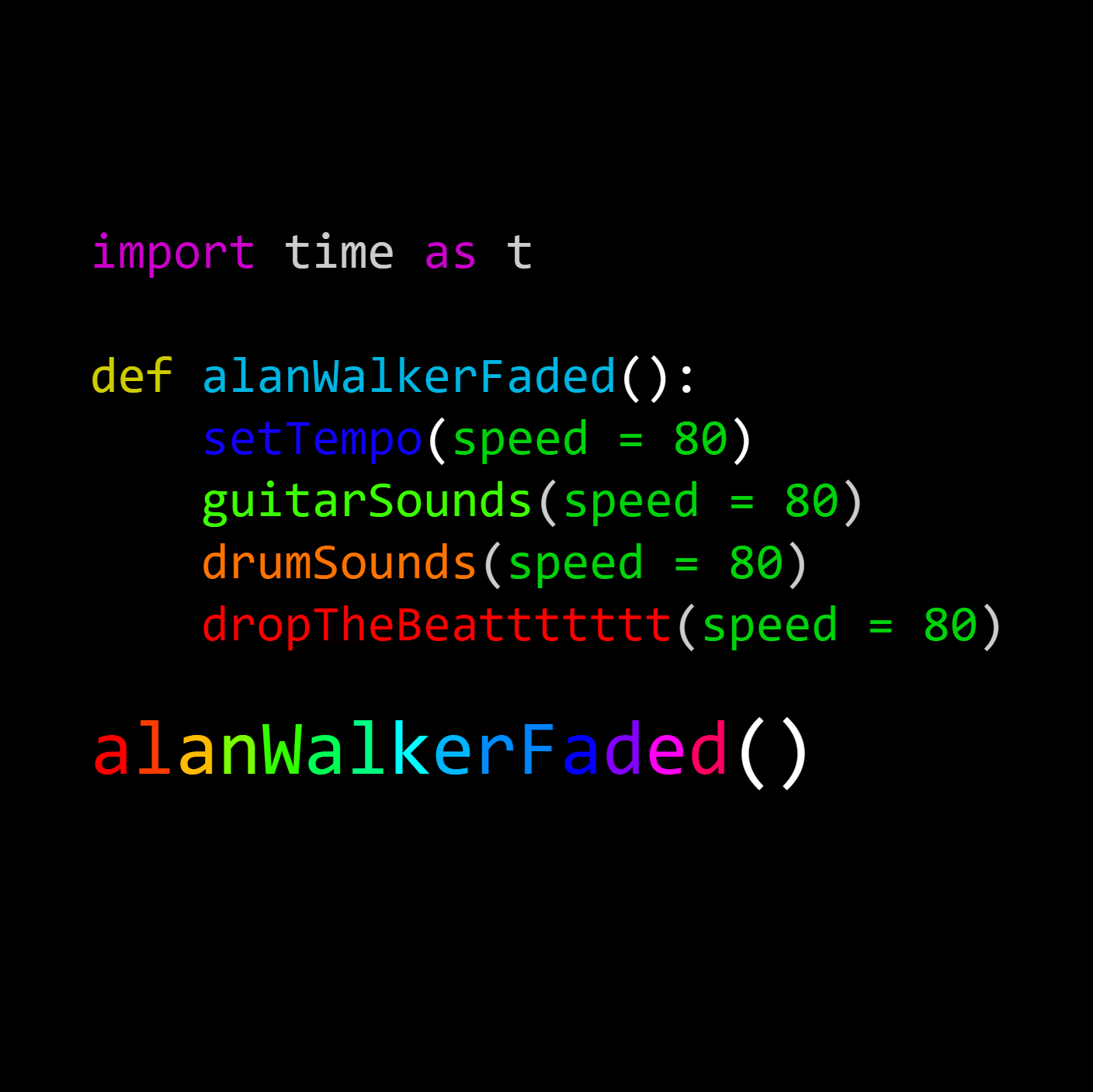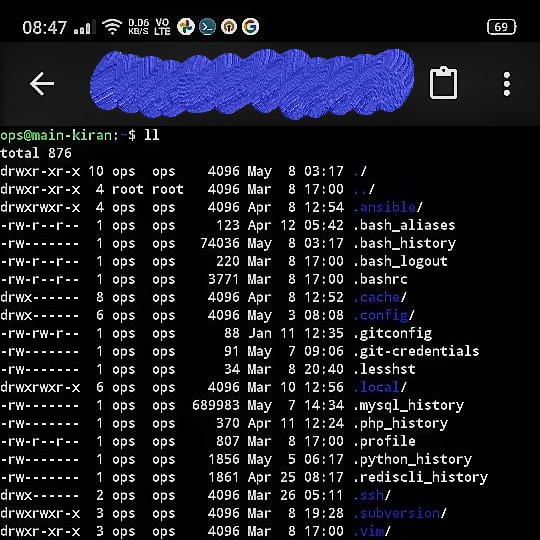Back in high school, I was very much interested in music. I took music lessons for different instruments and played in the morning assembly daily. We had a variety of instruments and I was really into music more than anything else. Then we moved to a different city and although I took my instruments with me I couldn’t continue with my music lessons, and it stalled to a complete stop. We sold off the instruments and I just kept a keyboard 🎹 and would occasionally play it, which stopped working right NOW, during the COVID quarantine! Although nothing beats playing music on an instrument, I still tried playing some on my PC & using some software.
I just found out about SuperCollider, it creates a server for audio synthesis. There’s another amazing tool, FoxDot which lets us write code for SuperCollider as we play it! It has a bunch of prepackaged instruments and a big collection to extend it. I’m having fun with this, and I think it’s worth checking even if you don’t like coding. It uses basic programming concepts like functions, loops, conditionals, etc, and lets you make some decent music. I tried to recreate one of Alan Walker’s tracks – Fade (just a random song).
Disclaimer ⚠️ I’m just having fun with the code so it’s nowhere nearly as good as his song. Just added some guitar and drums, added a simple drop and it’s all just a few lines of Python Code 🐍.
🚧🚧🛑🛑🛑🛑⚠️⚠️⚠️⚠️🛑🛑🛑🛑🚧🚧
The code is not very clean 😛 proceed with caution, it’s work in progress, I’ll be working on it later
import time as t # for sleep / delay between sounds
#speed of track
def setTempo(time):
Clock.bpm=time #set tempo(its like speed of beats but not exactly speed)
Clock.mod(16)
# guitar sounds and tracks
def guitar(fill1,fill2):
if(fill1):
#for slow guitar play in the music, with some echo
#these nos are for keys, next number for next key viz. added on new lines for better understanding of keys
p1>>pluck([0,0,0,2,5,5,5,4,2,2,2,2,0,-1,-1,-1,0],dur=[1,1,1,1,1,1,1,1,1,1,1,1,1,1,1,1/2,1/2],sus=1)
if(fill2):
#for the second overlapping guitar with double notes
p2>>pluck([0,0,0,0,0,0,2,2,2,2,5,5,5,5,5,5,4,4,2,2,2,2,2,2,2,2,2,2,0,-1,-1,-1,-1,-1,-1,-1,0],dur=[1/2,1/2,1/2,1/2,1/2,1/2, 1/4,1/4,1/4,1/4, 1/2,1/2,1/2,1/2,1/2,1/2, 1/2,1/2, 1/2,1/2,1/2,1/2,1/2,1/2, 1/4,1/4,1/4,1/4, 1/2, 1/2,1/2,1/2,1/2,1/2,1/2, 1/4,1/4 ],amp=0.5,sus=3)
#beats for track
def regularBeat(preBeatDrop=2,trigger=True,ampp=4):
if(trigger):
p3>>play("x",dur=[preBeatDrop],amp=ampp)
else:
p3.stop()
#beats change before DROP
def beforeDropBeat():
regularBeat(1)
t.sleep(16)
regularBeat(1/2)
t.sleep(8)
regularBeat(1/4)
t.sleep(6)
regularBeat(1/8,True,4.5)
t.sleep(4)
regularBeat(0,True)
#track after the drop
def drop():
guitar(1,0)
p4>>play("x-",dur=[1/2,1/2],sample=[17,17],sus=5,amp=[4,1])
#stop music
def stop():
Clock.clear()
#all components of song
def alanWalkerFaded():
setTempo(80)
guitar(1,0)
t.sleep(16)
guitar(1,1)
t.sleep(8)
regularBeat()
t.sleep(2)
beforeDropBeat()
drop()
t.sleep(40)
stop()
#play the song !
alanWalkerFaded()
This code just plays the song, you can record it with any software. I used Audacity to record and export it as an MP3 file. You can download it or listen to it here, in the player below. Link to complete file.
Will add more… thanks for checking out !









2 responses to “Alan Walker Fade Python cover”
This is sooooo awesome 😍😍😍
Thanks for checking ! 😇